I-PAY Clearing Services Pvt. Ltd. vs ICICI Bank Ltd
Facts of the case:
I-Pay (the Appellant) had entered into an agreement with the ICICI Bank Limited (the Respondent) to develop various software application packages to manage Smart Card-based loyalty programs. However, because ICICI bank abruptly terminated the Service Provider Agreement, I-Pay claimed damages of Rs.95 crores against ICICI bank on account of loss incurred in business. The matter was referred for arbitration.
The Sole Arbitrator framed five points for determination out of which, the first point of determination was, “Whether the contract was illegally and abruptly terminated by the Respondent?”. Accordingly, the Arbitrator passed an award in November 2017, directing the ICICI, interalia, to pay I-Pay an amount of Rs.50,00,00,000 (Rupees Fifty Crores) together with interest. Aggrieved by the award, ICICI applied under Section 34(1) of the Arbitration and Conciliation Act 1996 for setting it aside on the ground that the arbitrator has awarded Rs.50, 00, 00,000/- to I-Pay without recording any finding on Point No.1. ICICI also contended that the contractual obligations between the parties were closed mutually and amicably as there was accord and satisfaction between the parties.
In the arbitration petition filed by ICICI bank before the High Court, I-Pay filed a Notice of Motion under Section 34(4) of the Arbitration Act, for adjourning the proceedings for three months and directing the Arbitrator to issue additional reasons in support of the award. The High Court, while dismissing the I-Pay’s motion, held that unless and until a finding is recorded on point no.1 first, the Arbitrator could not have proceeded to record findings on the claims made by the IPay, and as such, the defect in the award is not curable under Section 34(4) of the Arbitration Act. Aggrieved by the same, IPay preferred an appeal in the Supreme Court.
Issue:
Whether the contract was illegally and abruptly terminated by the respondent? Is remission under Section 34(4) of the Arbitration Act permissible when it comes to curing patent illegalities?
Held:
The SC held that when it is the specific case of ICICI bank that there are no findings at all, on “whether the contract was illegally and abruptly terminated by the respondent?” Remission under Section 34(4) of the Arbitration Act, is not permissible. It further held that, Section 34(4) of the Arbitration Act, can be resorted to record reasons on the finding already given in the award or to fill up the gaps in the reasoning of the award.
The SC dismissed the appeal holding that on the plea of ‘accord and satisfaction’ on further consideration of evidence, which was ignored earlier, even if the arbitral tribunal wanted to consciously hold that there was ‘accord and satisfaction’ between the parties, it cannot do so by altering the award itself, which he had already passed.
K S&CO Comments:
This judgment provides helpful guidance to the Courts as to under what circumstances an application under Section 34(4) of the Arbitration and Conciliation Act 1996 can be entertained and allowed. It also lays down the relevant considerations which a court dealing with the application under Section 34(4) must consider. The Court has rightly agreed to ICICI bank’s contention that since the Arbitrator had passed the award by ignoring essential and relevant evidence on record, it suffers from unreasonableness and patent illegality, which cannot be cured on remittal under Section 34(4) of the Act by the Arbitrator.
The decision harmoniously construes Section 31, 34(1), 34(2A) and 34(4) of the Arbitration Act. Accordingly, it holds that in appropriate cases, on the request made by a party, the Court can allow the arbitrator to resume the arbitral proceedings for giving reasons or filling up the gaps in the reasoning in support of a finding, which is already available rendered in the award. But at the same time, the Court also cautions that when it prima facie appears that there is patent illegality in the award itself—by not recording a finding on a contentious issue—in such cases, the Court may not accede to the request of a party for allowing the Arbitral Tribunal to resume the arbitral proceedings.
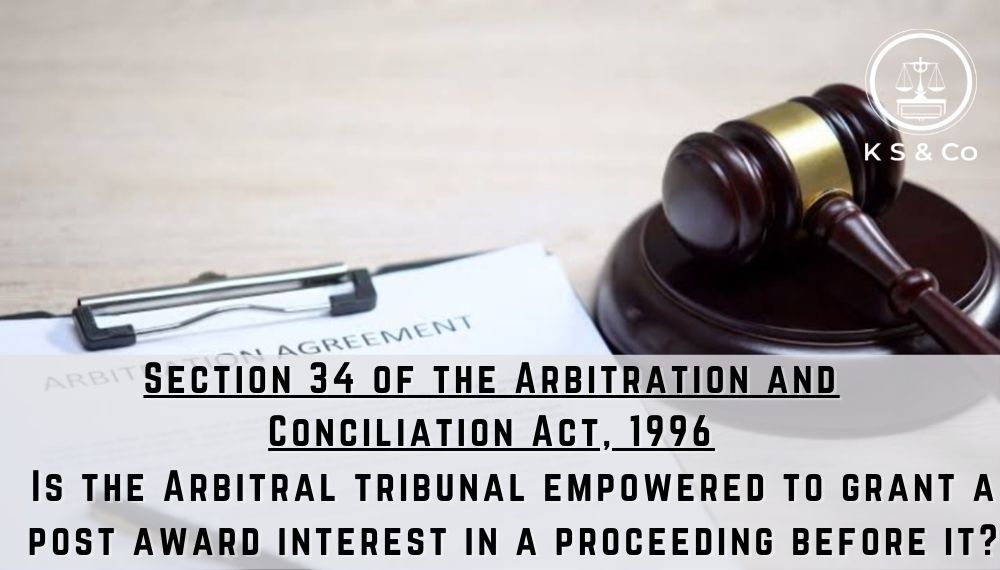

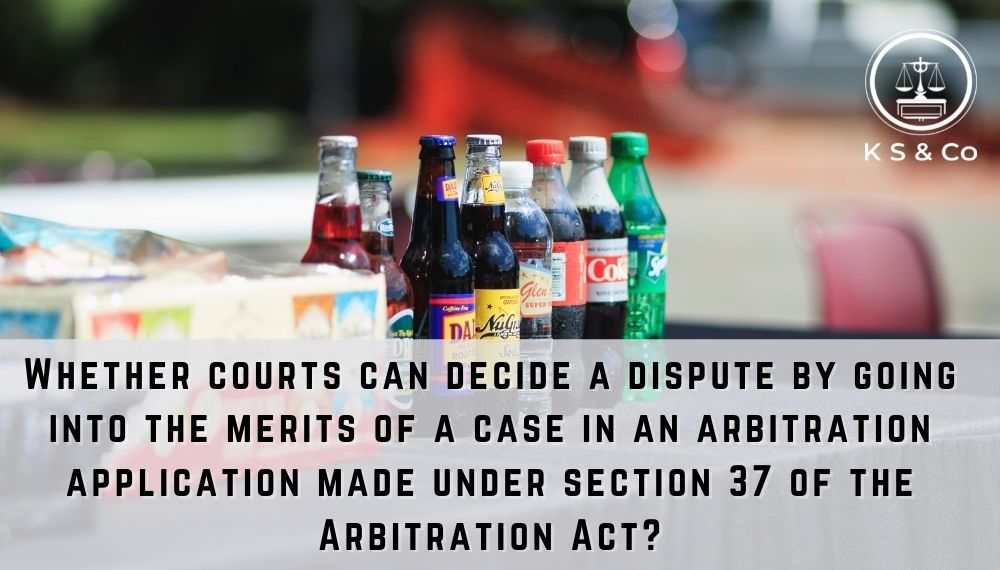
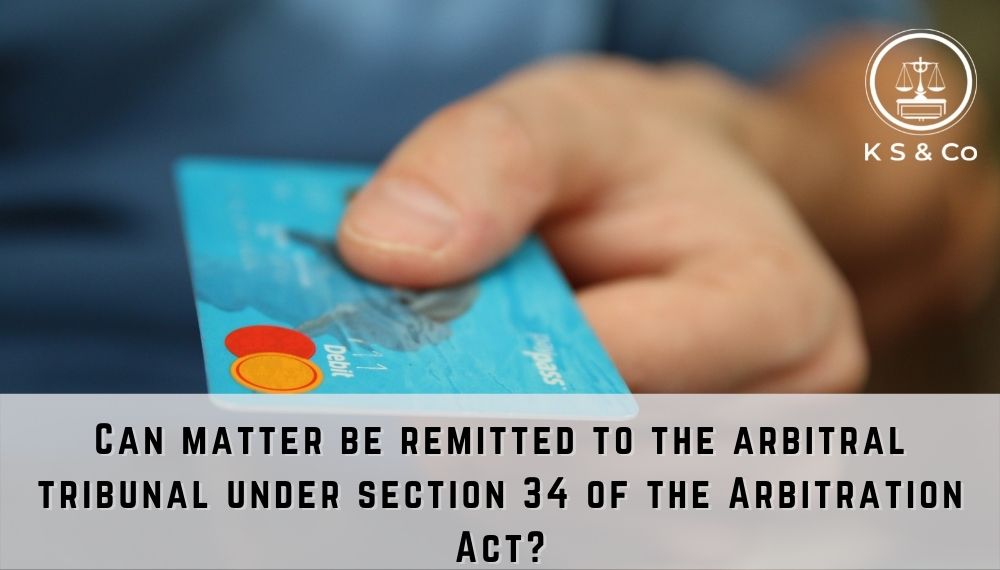

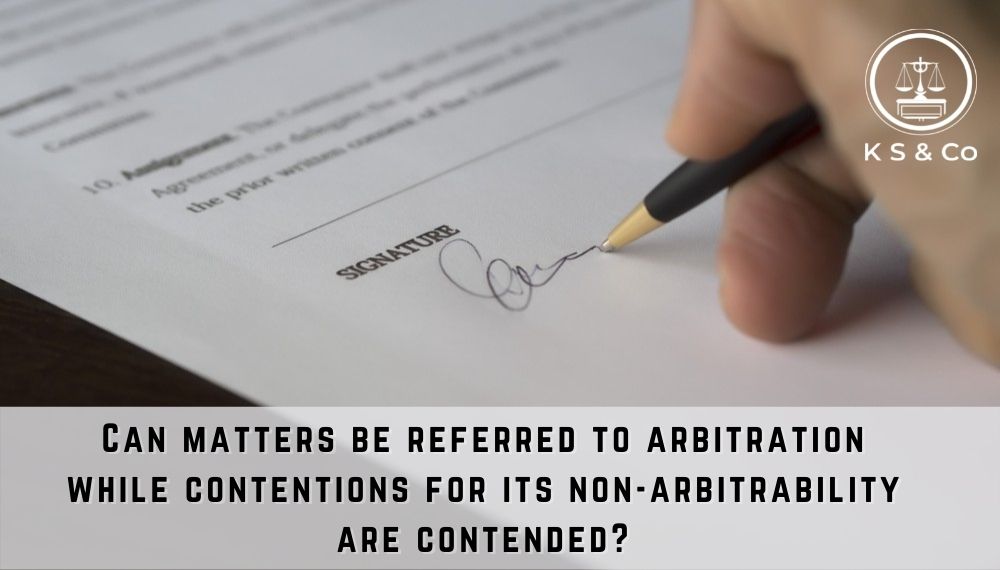
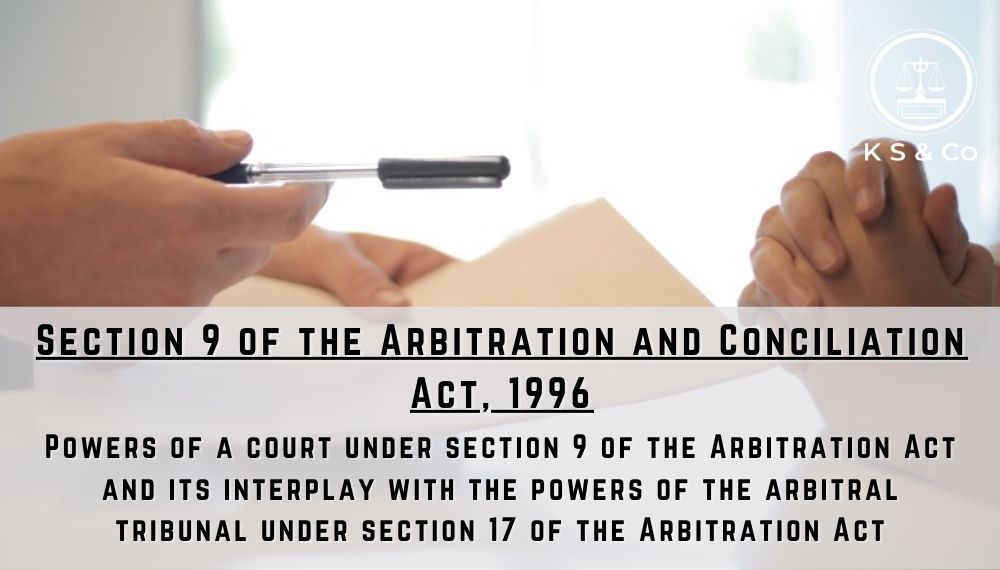



Leave a Reply